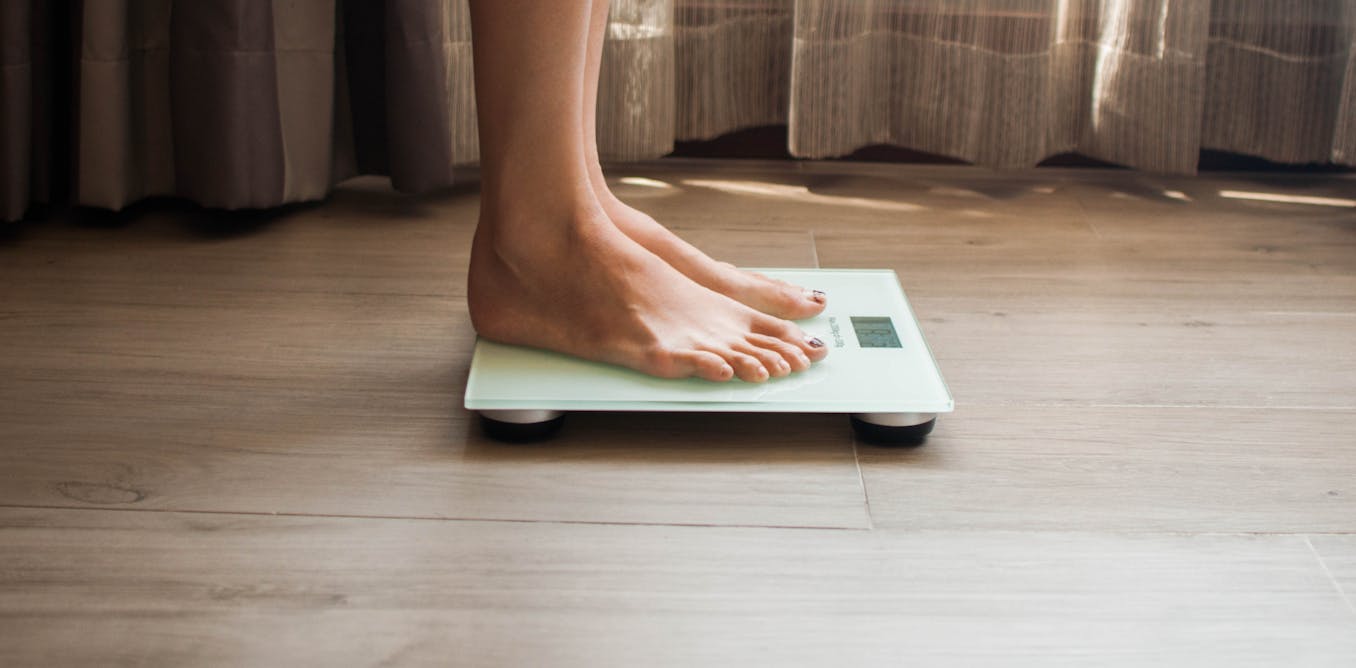Students could get more sleep and learn better if school started a little later
Most teens aren’t getting enough sleep, leading to poorer academic performance. Early school start times combined with natural changes in hormones and the circadian rhythm could be to blame.
Dec. 18, 2023 • ~8 min







